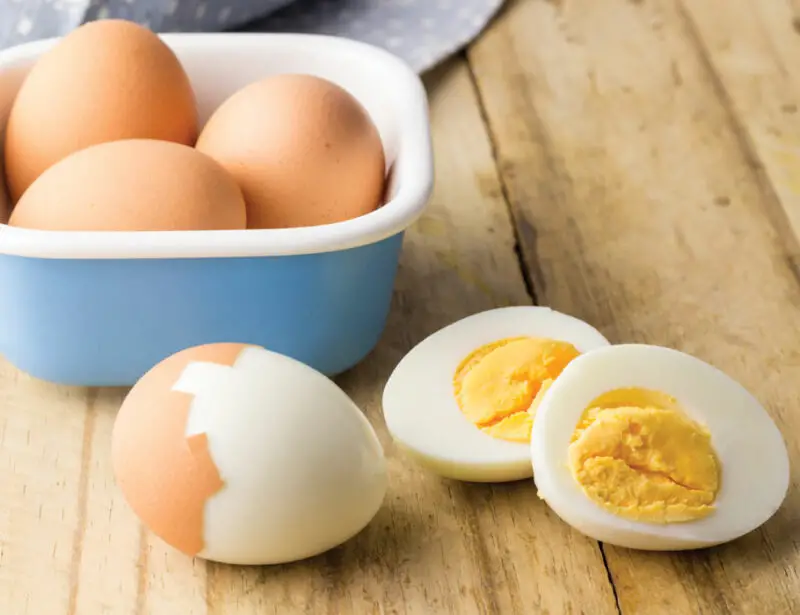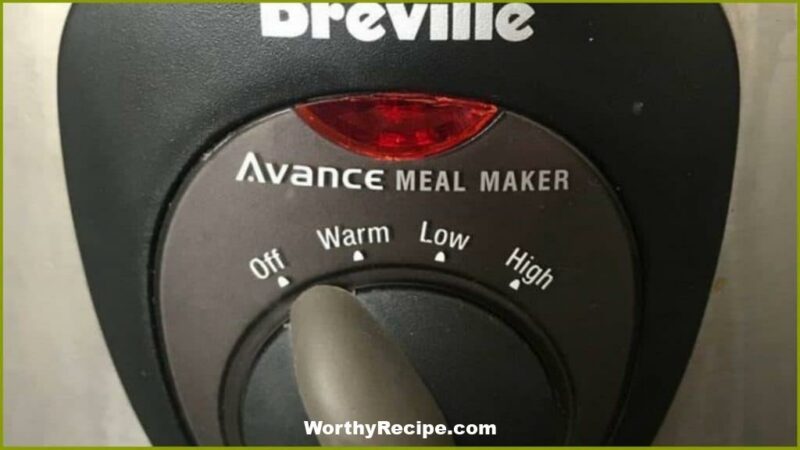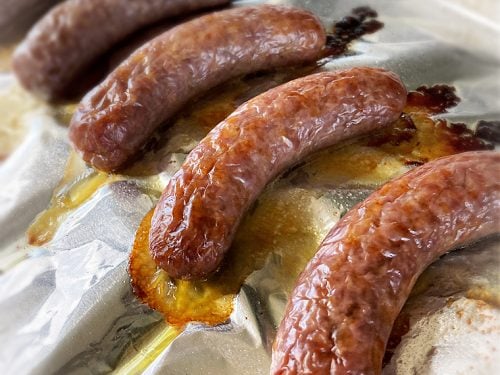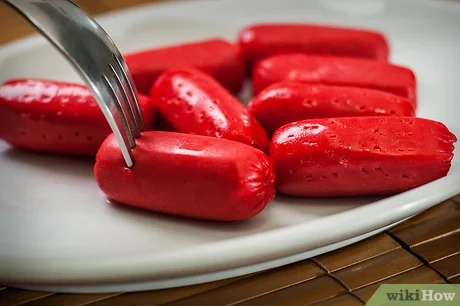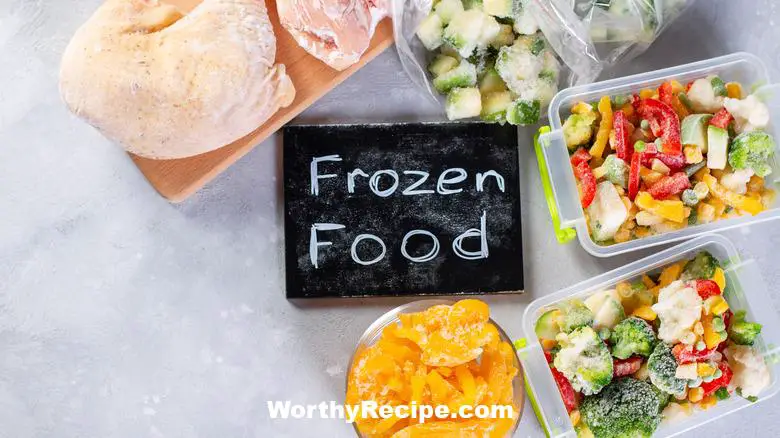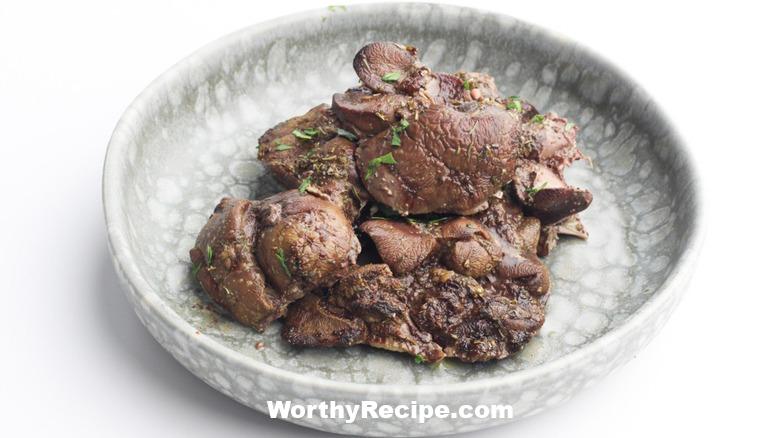Why Can’t You Boil Eggs in Aluminum Pans?
Aluminum cookware is a popular choice for many home cooks due to its affordability and even heat distribution. However, there are certain foods that should not be cooked in aluminum pans, including eggs. In this article, we will delve into the science behind aluminum cookware, the potential risks of using it to cook certain foods, and safer alternatives for your kitchen.
The Science Behind Aluminum Cookware
Aluminum cookware is made from a combination of aluminum and other metals such as copper or stainless steel. The aluminum layer is sandwiched between the outer layers of metal, creating a durable and lightweight pan. However, aluminum can react with acidic and alkaline substances in food which can cause it to leach into your meal.
This occurs when you cook with acidic ingredients like tomato sauce or citrus fruits, making the pan’s surface deteriorate over time. When this happens, not only does it affect the taste of your food, but it can also pose serious health risks.
Dangers of Using Aluminum Cookware
While using aluminum cookware is generally considered safe, prolonged exposure to high levels of aluminum can be toxic to humans causing health issues such as Alzheimer’s and liver disease. Some studies suggest that high levels of aluminum intake are linked to bone disorders like osteopenia and osteoporosis.
When it comes to cooking with aluminum pans, there is no specific guideline on how much exposure can lead to harmful effects. But as a general rule of thumb, it’s best not to use these pans for cooking acidic foods or dishes that require boiling or simmering for an extended period.
Can You Boil Eggs in Aluminum Pans?
Eggs are one of those foods that should never be cooked in an aluminum pan. The reason is that the metal can react with the sulfur in the egg whites, causing the pan to discolor and release aluminum into the food.
Boiling eggs can also cause cracks or damage inside the shell, allowing aluminum from the pan to leach into the egg through the cracks. This can result in ingestion of dangerous levels of aluminum, which can lead to health issues mentioned earlier.
To safely boil eggs, we recommend using a saucepan that is made of stainless steel or enamel-coated cast iron. These materials are non-reactive and won’t release any harmful chemicals into your food.
Safe Cooking Alternatives
If you’re concerned about your exposure to aluminum and want a safer alternative for your cookware, here are some options:
- Stainless Steel: This material is durable, non-reactive, and easy to clean. Although it is slightly more expensive than aluminum, it’s worth investing in for its longevity and safety benefits.
- Ceramic: Ceramic cookware is another excellent option as it doesn’t contain aluminum or any other toxic materials. It’s also beautiful and comes in different colors and designs that add aesthetic appeal to your kitchen.
- Cast Iron: This classic cooking material has been around for centuries and for good reason! It’s incredibly durable, retains heat well, and is non-reactive making it an ideal choice for acidic dishes like tomato sauce or chili.
What Foods Are Safe to Cook in Aluminum Pans?
While there are some concerns about cooking with aluminum pans, there are still many dishes that can be safely cooked using them. These include things like soups, stews, and rice dishes. Since these foods don’t require extended periods of boiling or simmering like eggs, there’s less risk of aluminum leaching into your food.
It’s always a good idea to be mindful of what types of ingredients you’re using with your cookware and to avoid cooking acidic foods in aluminum pans altogether.
Maintaining Your Cookware
To keep your aluminum cookware in good condition and to prolong its life span, follow these tips:
- Don’t use metal utensils when cooking as they can scratch the surface of the pan causing aluminum to leach into your food.
- Avoid washing with harsh detergents or abrasive sponges as this can wear away the protective layers of your pan leading to faster deterioration.
- Hand wash your aluminum pans instead of putting them in the dishwasher; this will help to prevent damage caused by excessive heat or harsh chemicals.
Conclusion
While aluminum cookware is a great addition to any kitchen, it’s important to be aware that some foods should not be cooked in them. When in doubt, opt for safer materials such as stainless steel or ceramic. By taking the necessary precautions, you can ensure that your meals are safe, tasty, and free from harmful toxins.
Frequently Asked Questions
Can’t I Boil Eggs in Aluminum Pans?
There are several reasons why it’s not advisable to boil eggs in aluminum pans. For starters, aluminum reacts negatively with acidic foods and can cause a metallic taste or discoloration. Additionally, prolonged heating of the aluminum pan can lead to the leaching of the metal into your food.
What Are The Risks of Boiling Eggs in Aluminum Pans?
Boiling eggs in aluminum cookware can release harmful toxins that pose health risks, including Alzheimer’s disease and other neurological disorders. As such, it’s highly recommended to avoid exposing eggs or any acidic food item to aluminum cookware.
What Alternatives Can I Use To Boil Eggs?
If you’re tired of using your aluminum pan to boil eggs or realize the health risks associated with such practices, there are plenty of safe alternatives available. You can use non-reactive materials like stainless steel, iron cast pots or ceramic cookware to obtain perfectly boiled eggs without compromising their quality.
Can I Boil Water With Aluminum Pots And Pans?
Boiling water with an aluminum pot shouldn’t be a problem since pure water has neutral pH levels that don’t react with most metals. However, if you add salt, vinegar, or other acidic materials later on during the boiling process, then the risks associated with aluminum leaching might reoccur.
